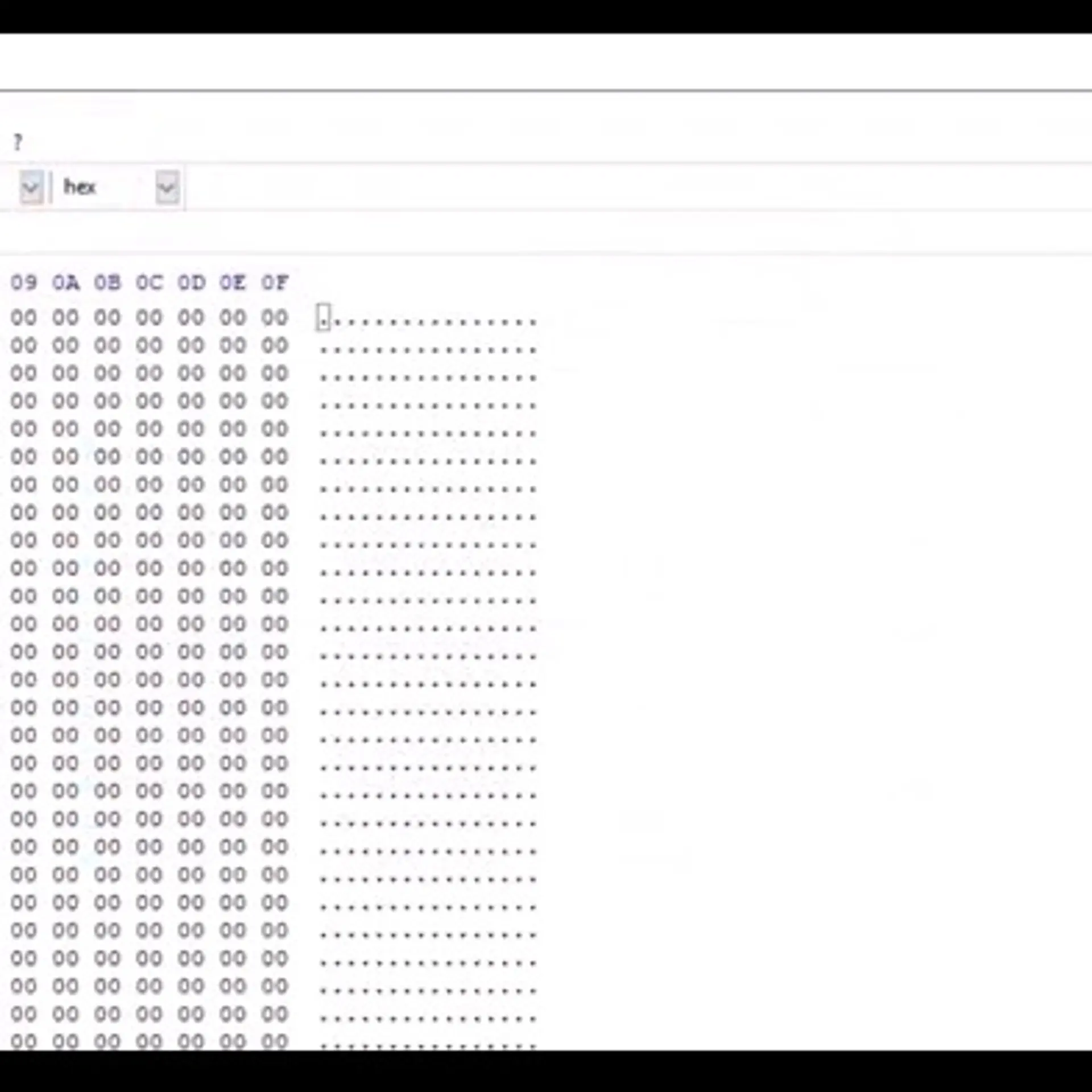

PHP vs. Java: which one has better future prospects?
Even though there are a number of languages such as C, C++, PHP, Python, Java, HTML, etc., we will only talk of the future prospects of PHP and Java here.

It can be difficult to keep up with technology evolving so constantly. However, whether you run a large business or own a small firm, if you do not walk hand-in-hand with the latest IT development trends, you might end up lagging behind the competition. To keep your business updated, it is vital to be aware of trending technologies and make future growth paths for your business easy and obstacle-free.
The changes in programming techniques are endless and it impossible to discuss future prospects of all of them in one post. Even though there are a number of languages such as C, C++, PHP, Python, Java, HTML, etc., we will only talk about the future prospects of PHP and Java here.
What is PHP?
Previous known as Personal Home Page, PHP is a recursive acronym of Hypertext Pre-processor. It is a highly used, open source and server-side language for creating dynamic web pages. This language can be integrated with other databases such as MySQL, Oracle, PostgreSQL, and Informix. Further, it can be embedded with HTML web pages as well. Software development companies offer outstanding web solutions using PHP. One of the biggest social media platforms, Facebook, uses PHP for example. Wikipedia, WordPress, and Yahoo are some more well-established and powerful examples of PHP use. Its future is bright. If you want to learn this language, then reach out to a technical skills training company, and you may end up with some good work experience even as you learn.
What is Java?
Java is another major coding language used for app and software development. When it comes to uses of Java, it is very often used in web apps, server apps, Android apps, scientific apps, websites, embedded space, big data technology, and games. Since all Android systems are written in Java, one can develop every possible Android app after learning this language. Java is also the most-suited coding language for developing outstanding mobile apps because it offers compatibility across platforms. Some of the popular websites that you might use daily such as YouTube, Amazon, LinkedIn, and eBay use Java.
Now that we know what they are and their future prospects, let us take a closer look at some characteristics.
#1 Interpreted vs. Compiled
PHP is as an interpreted language, while on the other hand, Java is recognised as a compiled language. PHP is a ‘script’ wherein instructions are directly executed and codes can run without any changes in their particular runtime environments, i.e. the server. Many developers believe that PHP offers better programmer productivity and quite easy to use. Java codes can run on any operating system or browser because it is a compiled language.
#2 Concurrency
Concurrency is the ability of a language to handle the execution of multiple instruction sequences all at once. PHP uses multi-threads like other server-side languages and block input and output to perform numerous tasks in parallel. Java uses multiple threads to carry out tasks in parallel. For many cases, both are fine, but Java is one-step ahead than PHP because thread-to-thread memory sharing through Java is faster than Inter-Process Communication of PHP.
#3 Dynamic vs. Static Type Checking
PHP utilises Dynamic Test Checking and Java uses Static Type Checking. Dynamic Test Checking gives better programmer productivity as he or she can easily categorise and assign the types as per their convenience. In Static Type Checking, developers need to specify every type of each variable. There are several pros and cons for these two leading paradigms, but the major advantage of Static Type is that errors can be caught earlier in a development process, while Dynamic Type is best for programmers’ productivity.
The aforesaid points are what make PHP and Java different from each other, among other things. Even after these dissimilarities, they share some major similarities. We have explained some of them below.
• Syntax: Classes, looping structure, conditional operators and defining variables are quite similar in PHP and Java. This similarity makes things easier for developers to create dynamic websites, application, software, etc.
• Object-Oriented Programming: Even though both the languages are not fully object-oriented, they offer easy access to various techniques such as inheritance. So what is the benefit? To make your programs more modular, it is just to use an object-oriented language. It is important so that you can use the code for other programs as well.
• Entry Points: When your particular program begins, the interpreter or compiler looks for the point where it needs to start the execution. In PHP and Java, entry points are similar so it is easier for a developer to understand things better.
Closing Remarks
Both PHP and Java are excellent foundations for a large variety of applications, software, and other IT products. Your selection of a language will determine what you can develop. If you do not know how to make an informed decision, you can post your queries and project needs in a forum or reach out to a software development company.



.jpg?mode=crop&crop=faces&ar=16%3A9&format=auto&w=1920&q=75)



